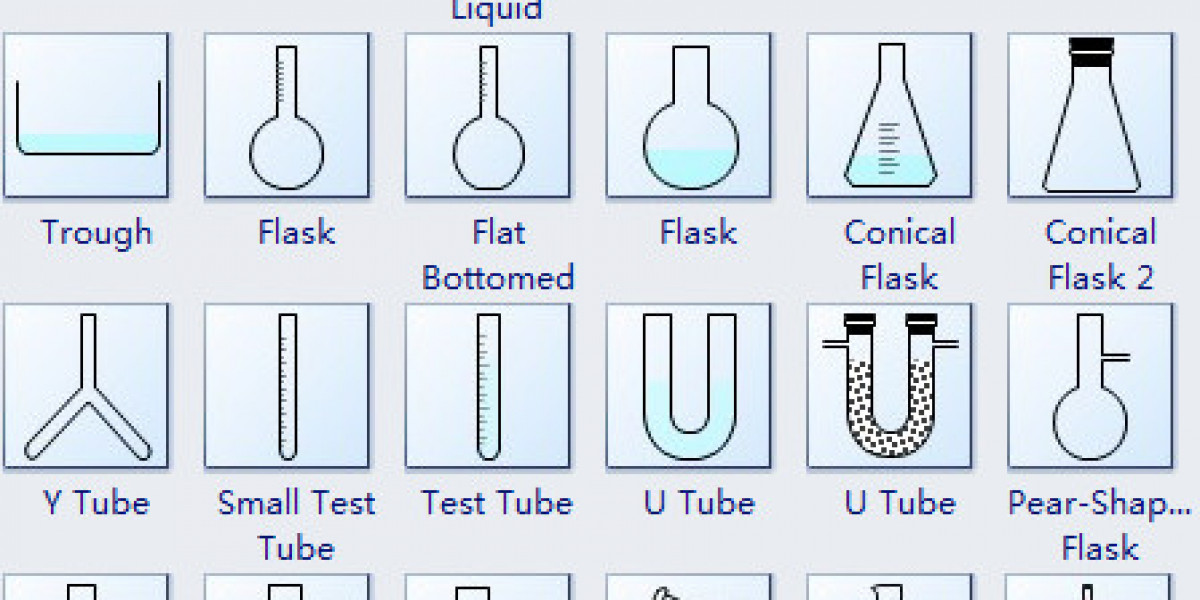In India, the Goods and Services Tax (GST) framework aims to promote trade and industry, both domestically and internationally. One such provision under GST is deemed exports, which allows certain domestic transactions to be treated as exports for tax purposes. An important aspect of deemed exports is the ability to claim Input Tax Credit (ITC), which significantly benefits businesses by reducing their overall tax liability. In this article, we’ll explore how Deemed Exports and ITC work under the GST regime and what businesses need to know to benefit from these provisions.
What are Deemed Exports?
Deemed exports refer to supplies of goods or services that are treated as exports under the GST system, even though the goods do not physically leave India. These supplies are usually made to special entities such as:
Export-Oriented Units (EOUs)
Special Economic Zones (SEZs)
Government bodies or specific projects
Entities operating under export promotion schemes
Even though these goods and services do not physically exit the country, they are treated in the same way as actual exports for GST purposes, which allows businesses to benefit from tax exemptions, input tax credit, and other export-related advantages.
How Does ITC Work for Deemed Exports?
One of the key benefits of deemed exports under GST is the ability to claim Input Tax Credit (ITC). Under the GST regime, ITC allows businesses to claim credit for the GST paid on inputs (such as raw materials, services, or capital goods) used in the production or supply of goods or services.
For deemed exports, the suppliers (those selling goods or services to EOUs, SEZs, or government projects) can claim ITC on the tax paid for inputs, provided the transaction meets the conditions set by GST law. Here's how ITC works in the context of deemed exports:
No Output Tax on Deemed Exports: While deemed export transactions are treated as zero-rated supplies (meaning no GST is charged on them), suppliers can still claim a refund of the Input Tax Credit they paid on inputs used in the manufacture or provision of deemed export supplies.
Claiming ITC on Inputs: Suppliers can claim ITC on the GST paid on inputs, capital goods, and services used to produce the goods or services supplied under deemed exports. This includes credit on goods purchased for manufacturing, raw materials, packaging materials, and services like transportation or logistics, provided they are directly related to the deemed export transaction.
Refund of ITC: Since deemed exports are zero-rated supplies, businesses cannot offset the GST on their output sales with input GST. However, the GST law provides a mechanism for businesses to claim a refund of the unutilized ITC. This ensures that suppliers do not face financial strain due to input taxes paid.
Recommended: GST Refund for Exporters
Eligibility for ITC on Deemed Exports
To claim ITC for deemed exports, the following conditions must be met:
Supply to an Eligible Recipient: The goods or services must be supplied to an eligible recipient like an EOU, SEZ unit, government project, or under an export promotion scheme.
Proper Documentation: Businesses must maintain proper documentation to prove that the supply is a deemed export. This includes invoices, export declarations, contracts, and proof that the goods or services are intended for export or export-related activities.
Goods or Services Used for Deemed Export: ITC can only be claimed for goods or services that are directly used to make the deemed export supply. For example, raw materials purchased to manufacture goods for sale to an EOU or SEZ are eligible for ITC.
GST Registration: The supplier must be registered under GST to claim ITC. This applies to both regular businesses and those dealing in export-oriented transactions.
Claiming ITC Refund on Deemed Exports
For businesses involved in deemed exports, claiming a refund of the Input Tax Credit is essential to recover the taxes paid on inputs. The process for claiming the refund is as follows:
Filing GST Returns: The supplier must include details of the deemed export transactions in their GST returns (GSTR-1, GSTR-3B, or GSTR-7). The information about the recipient, value of the goods supplied, and the amount of GST paid must be accurately reported.
Refund Application: After filing the returns, the supplier can apply for a refund of the accumulated ITC using the GST Refund Application (GST RFD-01) form.
Supporting Documents: Along with the refund application, businesses must submit the following documents:
Recommended: GST refund claim process
Tax invoices of goods or services supplied to the eligible recipient
Export declarations from the recipient (EOUs, SEZs, or government entities)
Proof that the goods are intended for export use or export-related activities.
Refund Processing: Once the refund application is submitted, the GST authorities will verify the documents, check the eligibility for ITC, and approve the refund if all conditions are met. If approved, the refund will be processed, and the amount will be credited to the supplier’s account.
Impact of ITC on Business Cash Flow
The ability to claim ITC and receive a refund on deemed exports can significantly improve a business’s cash flow. Since businesses can reclaim the GST paid on inputs, they are not burdened by the tax cost, especially when selling goods or services to export-oriented units or SEZs, where no GST is charged on the output.
This system ensures that businesses involved in deemed exports remain competitive and financially efficient, allowing them to reinvest the refunded amounts into their operations, expansion, or other business needs.
Key Considerations for Claiming ITC on Deemed Exports
Accurate Record Keeping: Businesses must maintain thorough records of their transactions, tax invoices, and export declarations to avoid any issues during the refund process.
Timely Filing of Returns: To ensure smooth refund claims, businesses must file their GST returns on time, including details of deemed export supplies.
Compliance with GST Rules: Ensuring compliance with the relevant provisions of the GST Act will prevent delays or rejections of the ITC refund claims.
Conclusion
The provision of Input Tax Credit (ITC) for deemed exports under GST provides a significant advantage for businesses involved in export-oriented activities. Using platforms like the MYGST Refund Consultant can help streamline the refund process, making it easier for businesses to claim their rightful GST refunds without unnecessary delays.By allowing businesses to claim refunds on the GST paid for inputs used in deemed export transactions, the GST system helps reduce financial burdens, improves cash flow, and encourages greater participation in export-related industries.









